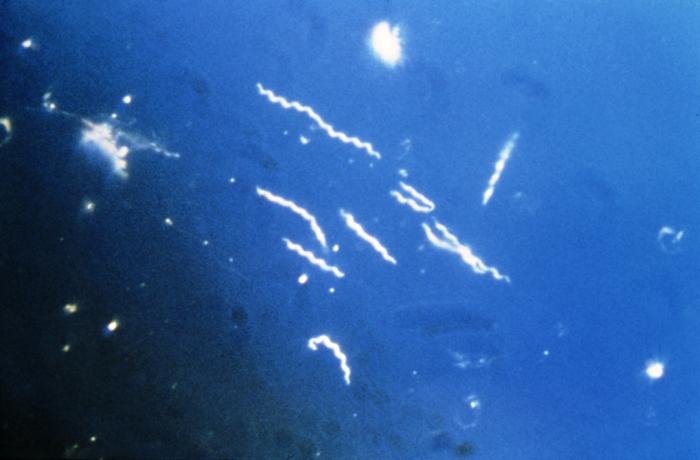Lyme disease is one of the most common infectious diseases in the United States with about 329,000 new cases each year, according to statistics released in 2015 by the CDC. Lyme disease is a potentially disabling infection caused by bacteria transmitted through the bite of an infected tick to people and pets.
The efficacy and accepted regimen of antibiotic treatment for Lyme disease has been a point of significant contention among physicians and patients.
Newly published research finds that the Lyme bacteria, Borrelia burgdorferi survive a 28-day course of antibiotics when treated months after infection. In addition, the study also measured the antibody immune response to the bacteria both pre- and post- treatment, as this is how current diagnostics typically evaluate Lyme disease in humans.
Lead author of the study, Monica Embers, PhD joined me to discuss the research and it’s implications. Dr Embers is an assistant professor of microbiology and immunology at Tulane University School of Medicine and an adviser for the Bay Area Lyme Foundation.
Podcast: Play in new window | Download
Subscribe: Apple Podcasts | RSS
Show notes:
- Bay Area Lyme Foundation press release
- Variable manifestations, diverse seroreactivity and post-treatment persistence in non-human primates exposed to Borrelia burgdorferi by tick feeding in PLoS One
- Late Disseminated Lyme Disease: Associated Pathology and Spirochete Persistence Post-Treatment in Rhesus Macaques in the American Journal of Pathology
Related podcasts:
- Lyme disease treatment: Some thoughts
- The history behind the Lyme disease controversy and what’s new in Lyme research
- A look at the differences in geographical distribution of Lyme disease
- A new Lyme disease test: Dr Richard Marconi discusses the GLD Test
- Lyme disease, Stevia and the quest for better treatments
- Lyme disease: Borrelia biofilm in the body demonstrated
- Lyme disease: The Borrelia mayonii discovery
- Powassan virus: The spread is inevitable
- Lyme: Q & A with Paul Auwaerter, MD
- Tickborne diseases: Laboratory diagnosis and treatment
- LymeDisease.org’s Lorraine Johnson discusses MyLymeData and a new NSF grant
- Lyme Madness author, Lori Dennis, for the full show

Intro music: “Rapture” by Ross Bugden




Nice interview of Dr. Embers. This is a critical study with a high level of importance for all patients with Lyme disease. Do the tests which rely on antibody response work? (No, individual antibody response varies even using single strain of Lyme bacteria. Do short term treatments work for disseminated disease? (No, treatment failures are the rule 4 months after infection.) Participants in our big data project, MyLymeData, are generally not diagnosed until 6 or more months after symptom onset. Great interview!
Thanks! I appreciate you research in this area! It would be great if antibiotics could work. A vaccine would be great. The herbs and naturally remedies have been helping us immensely for a few years. They also have not eradicated the bug, but our family can feel so much better. Lyme disease has been in us for 40 or 50 years and has worsened to the point of finally a diagnosis and help for our family. My husband is now on antibiotics as the herbs weren’t strong enough for him. We REALLY need help. This disease takes over your life.
Unfortunately, these statistics are WRONG. The CDC uses outdated criteria and testing methods. Why are we still going by this inaccurate information? Can we get up to speed already?!?!? Come on y’all! It’s 2023!!!